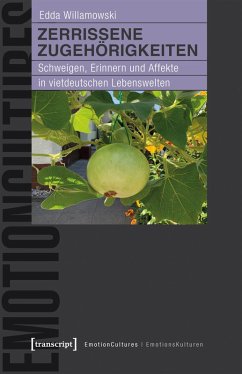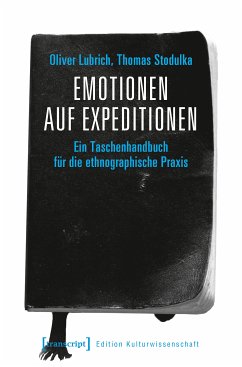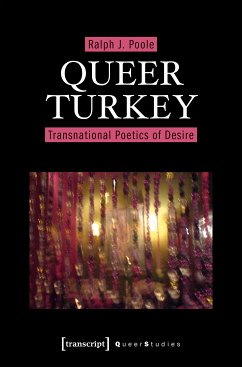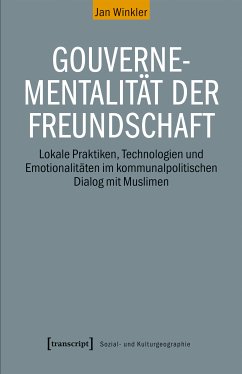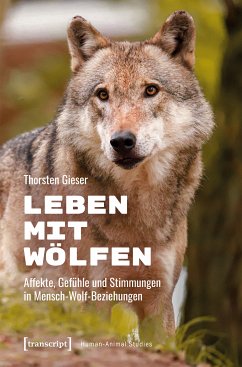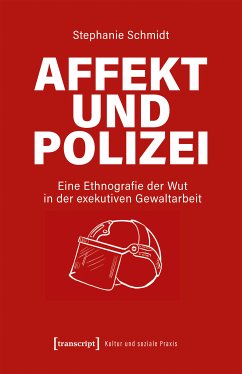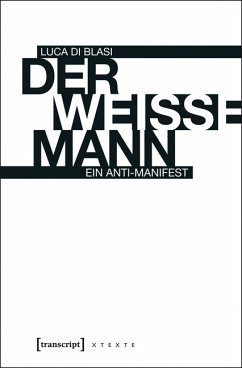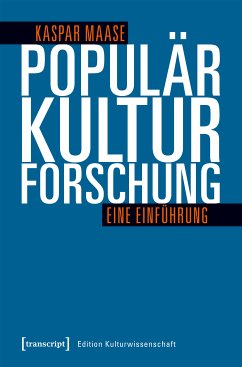
The Politics of Affective Societies (eBook, PDF)
An Interdisciplinary Essay

PAYBACK Punkte
0 °P sammeln!
Many claim that political deliberation has become exceedingly affective, and hence, destabilizing. The authors of this book revisit that assumption. While recognizing that significant changes are occurring, these authors also point out the limitations of turning to contemporary democratic theory to understand and unpack these shifts. They propose, instead, to reframe this debate by deploying the analytic framework of affective societies, which highlights how affect and emotion are present in all aspects of the social. What changes over time and place are the modes and calibrations of affective...
Many claim that political deliberation has become exceedingly affective, and hence, destabilizing. The authors of this book revisit that assumption. While recognizing that significant changes are occurring, these authors also point out the limitations of turning to contemporary democratic theory to understand and unpack these shifts. They propose, instead, to reframe this debate by deploying the analytic framework of affective societies, which highlights how affect and emotion are present in all aspects of the social. What changes over time and place are the modes and calibrations of affective and emotional registers. With this line of thinking, the authors are able to gesture towards a new outline of the political.
Dieser Download kann aus rechtlichen Gründen nur mit Rechnungsadresse in A, D ausgeliefert werden.




